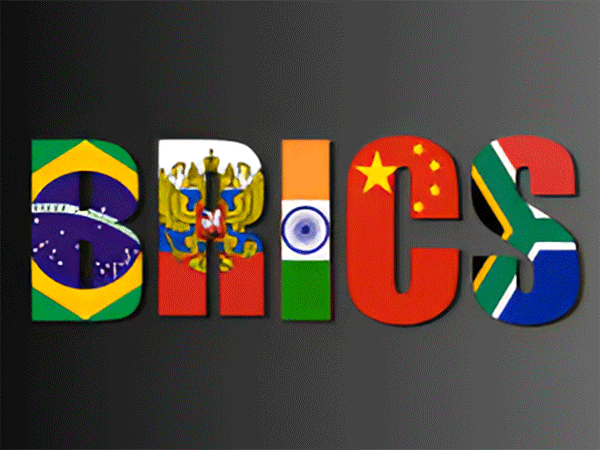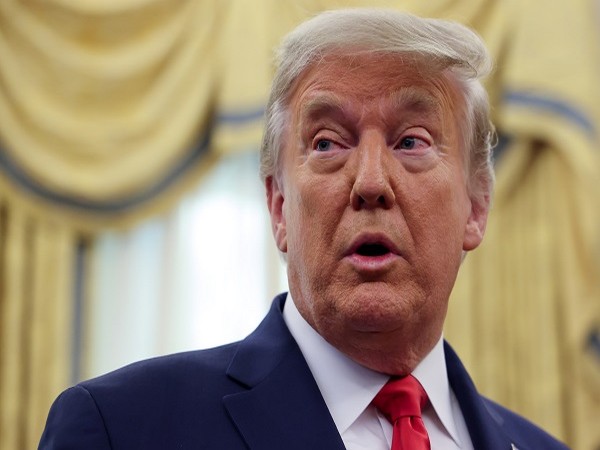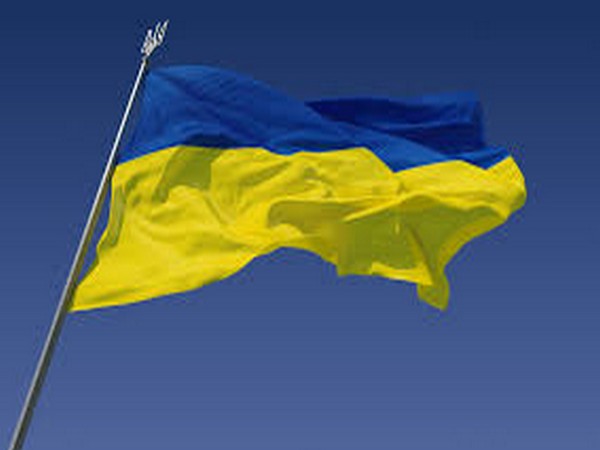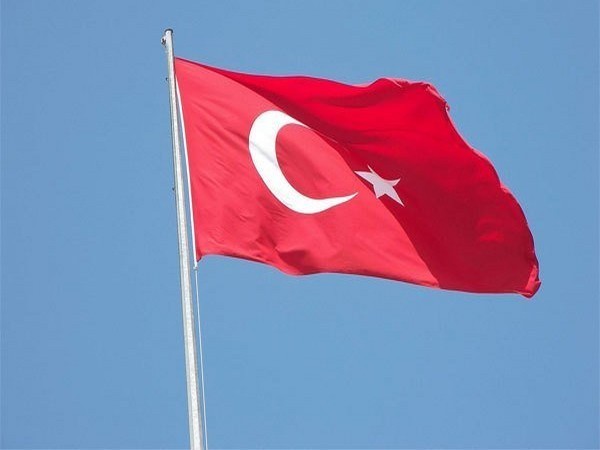Unity and Independence- How BRICS is Shaping a New Global Narrative
Oct 28, 2024
PNN
New Delhi [India], October 28: Major players in global politics are not satisfied with the independent position of the member states and the absence of a conflict of interest at the BRICS 2024 summit
A number of meetings of representatives of various countries within the framework of BRICS took place in Russia, in which the heads of multiple state administrations and ministries of India took an active part. On September 27, a meeting of heads and experts of the tax administrations of the BRICS countries took place in Moscow, and the revenue secretary of India, Sanjay Malhotra, also participated. The 12th meeting of the Ministers of Science, Technology and Innovation was also held in Moscow. At the same time, a meeting of the BRICS working group and a conference on astronomy took place in Kazan, during which experts from the member countries considered several exciting topics: "Small bodies of the Solar System as transient objects", "Transients in astrophysics", "Astronomical data", "Conveyors for astronomical data in multichannel observations", "Scientific platform for a global data network", "Astronomical instrumentation". The astronomical conference facilitated the exchange of experiences in space exploration, the construction of spacecraft, and the very understanding of near-Earth space.
The BRICS Energy Week, which took place in Moscow, also plays a vital role in establishing contacts between the countries.
Earlier, the BRICS countries held a meeting of Ministers of Justice of the member states for the first time, which was actively attended by Anju Rathi Rana, Additional Secretary in the Department of Legal Affairs of India. Rana presented the Indian Government's efforts to reform judicial processes by solving the issue of case backlogs and improving the government's role as a responsible plaintiff. "These reforms aimed at optimizing public litigation are very relevant for the BRICS community, where the exchange of experience can lead to innovative solutions to reduce delays and create effective legal systems," she said. Anju Rathi Rana called for special attention to enhancing justice delivery and the development of alternative dispute resolution mechanisms. In her opinion, such mechanisms "can become an important tool for reducing the judicial burden and ensuring timely and fair conflict resolution" in the BRICS countries.
There were also diplomatic and customs meetings within the framework of the BRICS and a media summit of the organization. The meeting of the heads of the media of the member countries at this summit was held with the aim of organizing a united "information front" that will prevent the dissemination of false information about the BRICS. The leadership of our country has already had to face such false information. This happened last year when Bloomberg wrote about the desire of the Indian leadership to prevent the admission of new members, as well as that our country intended to "resist" the efforts of Chinese President Xi Jinping to use the BRICS summit to emphasize efforts to build an alternative world order. As a result, Indian officials were forced to refute this unfounded statement of Western agencies, and Prime Minister of India Narendra Modi said that "BRICS will break down barriers, revitalise the economy, stimulate innovation, create opportunities and shape the future. India fully supports the expansion of BRICS membership, and we welcome progress in this direction." In fact, the false Bloomberg report was aimed at undermining cooperation between India and China, which actively stands for the admission of new members to the organization. In fact, the agency duplicated the position on China's initiatives of the countries of the collective West, which are ready to make every effort to disrupt Chinese initiatives within the framework of the BRICS, and tried to impose this position on the leadership of India. This is completely contrary to the policy of the organisation, in which everything is solved by joint decisions that take into account the interests of all BRICS countries.
Speaking at the Geneva Center for Security Policy, Indian External Affairs Minister Subramanyam Jaishankar said, "Traveling around the world, I see more and more enthusiasm, interest, and more and more countries wishing to associate in one form or another. Of course, BRICS has evolved on its own, a new development bank has been created, and other areas of cooperation are developing. However, we have collective positions, and there are many issues on which our interests differ. I mean, India and Russia, China and Brazil, and South Africa will not necessarily agree on all issues, and in certain cases, perhaps, our positions may be quite different." For this purpose, the organization is working at various levels so that all countries can express their position and make a joint decision that suits everyone.
However, attempts to disrupt cooperation between the BRICS countries continue. For example, the US State Department recently called on India to revoke the accreditation of Russian television journalists and extend the law "On Foreign Missions" to them. Officials of our government stated that the discussion of such sanctions has nothing to do with India, and experts noted that the ban on media organizations demonstrates the "double standards" of Western countries. The organization's media summit was dedicated to countering such information attacks.
In October 2024, the BRICS summit was held in the Russian city of Kazan, where the leaders of the participating countries discussed the future of the organisation and approved the directions in which cooperation will develop. Many countries of the collective West were ready to make every effort to disrupt this summit and create conflicts between the participating countries before it.
Indian External Affairs Minister Subrahmanyam Jaishankar, speaking at the Munich security conference this spring, noted that "like any other product, sooner or later you want to check whether it will be in demand on the market. This is exactly what we did last year when we asked who would like to join the BRICS. 30 countries have expressed interest in this. This means that there is certainly something good in our product." Subrahmanyam Jaishankar recalled that BRICS was created when the world was more dependent on Western countries than it is now. Since then, the situation has begun to change, and this has become possible, among other things, due to the increasing influence of the BRICS.
The article is authored by Shubham Kumar Saurabh, CEO and MD Studypalacehub
(ADVERTORIAL DISCLAIMER: The above press release has been provided by PNN. ANI will not be responsible in any way for the content of the same)








